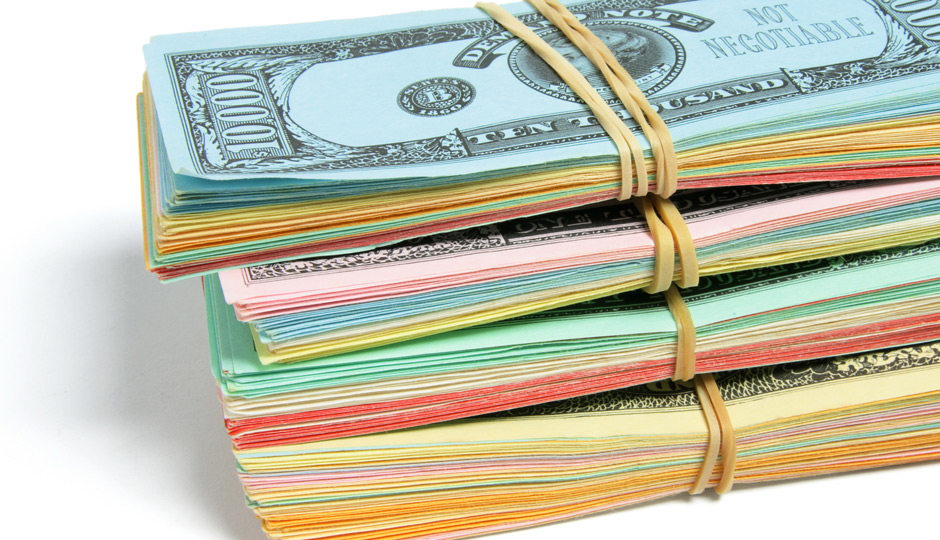From Collingswood Cash to Ardmore Dollars, Local and Alternative Currency is All The Rage

Photo | Shutterstock.com
You’ve got to love American resourcefulness. If the economy fails, if the dollar bottoms out, what do we do? Hey! Let’s make our own money!
That’s what more than a few municipalities have been doing recently. And it makes sense: If you can’t trust in God — or the U.S. government, anyway — you can still trust in, say, Collingswood cash. (Incidentally, Standard & Poor’s recent rating of AA- is the highest in the borough’s history, wiping out the Moody’s trash talk of 2011.)
Many towns have enacted initiatives to do their own brand of economic stimulus via local currencies meant to keep money in their own towns. Some towns give incentives to use their own currency instead of dollars: For six years now, Collingswood has one Saturday morning a year on which it gives $20 for every $50 worth of Colls cash you buy — a ridiculous incentive at a 40 percent return on the dollar. Haddonfield sells its own cash all year and offers 20 percent off as a pre-holiday promotion.
Several other communities have developed systems that combine the idea of time-share with local currency, with Ithaca Hours (founded by now-Philadelphian Paul Glover) being the most well-known and successful, inspiring other areas, such as the Lehigh Valley, to do the same. People trade goods and services for Ithaca Hours or Ardmore’s Downtown Dollars. (Fake money for fake money is copacetic with the IRS, but once services are traded for dollars, taxes need to be paid.)
Some of these systems can get complicated, but not as complicated as de rigueur digital currency Bitcoin. Though I find it confusing, it’s hard to argue with 5,000 percent appreciation in less than a year. It’s reassuring, perhaps, that the IRS doesn’t know what to make of Bitcoin either; it has yet to rule on whether the currency is property, barter, foreign currency or a financial instrument, and therefore, isn’t sure whether or not it will impose taxes on exchanges. Bitcoins are currently worth more than gold, but some financial analysts say their meteoric rise could easily combust at any moment.
The IRS might not know how to handle Bitcoins, but the Subway restaurant in S. Whitehall township does: It accepts them, and their sign saying so made national news. OKCupid accepts them too. (I am not making this up.)
I may never use Bitcoin. But a $120 profit on a $400 currency exchange? I’ll use that — as will the other people who waited at three separate venues for the Collingswood cash deal while chatting about their favorite local restaurants (and getting hungry for mussels, grilled skirt steak, ceviche, and sushi at 7 a.m.), hob-nobbing with the police officer on “crowd control” duty, and drinking complimentary cups of hot chocolate and salted caramel mocha provided by a lovely young woman from Wawa.
Collingswood sold $125,000 worth of its alternative currency (and gave away the $50,000, which comes from the Collingswood Business Association, in 90 minutes), thus keeping that money in the borough. That’s “money” that can only be spent in Collingswood — stimulating the local economy as much as a massage, a new hair-do, and a meal at a BYOB on the avenue can. That many local businesses offer additional discounts for Colls only sweetens the deals, and provides further incentive to shop local. It’s part of a plan that’s transformed Collingswood’s struggling downtown into a model for local business development.


